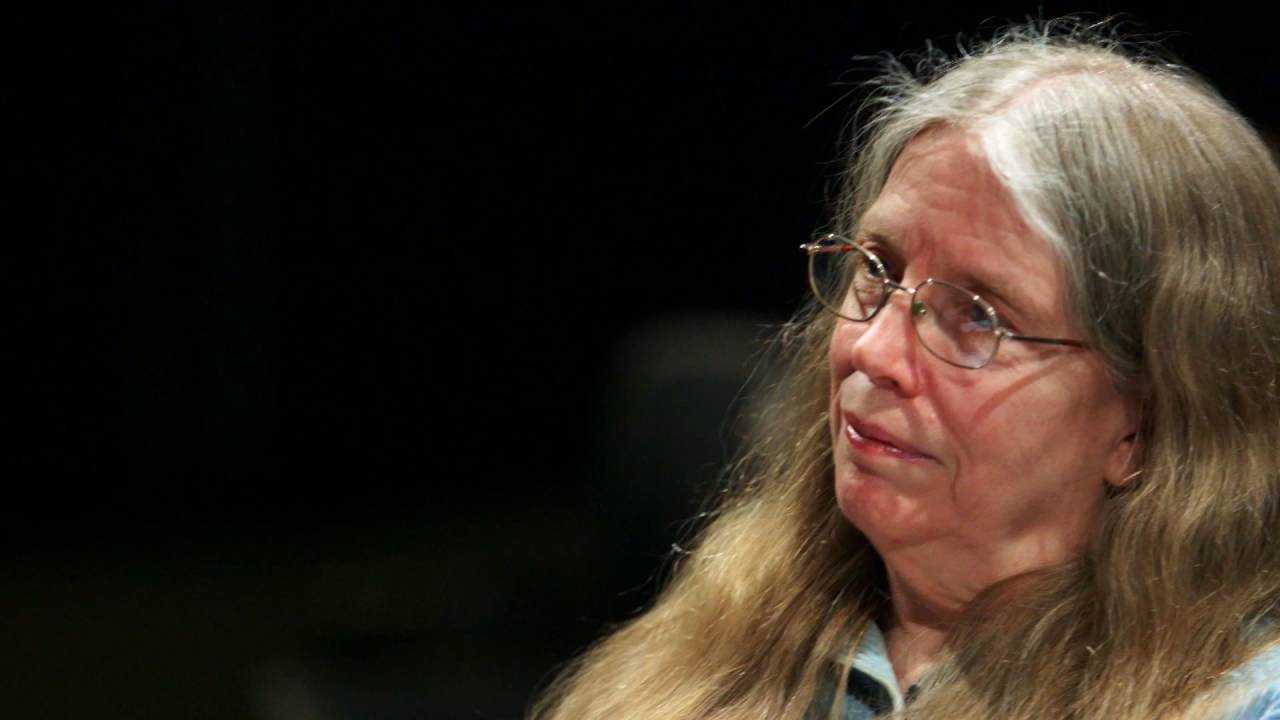Sometimes a poet’s style can get so familiar to his or her readers that new work can feel like a parody of the old. T.S. Eliot touches on his fear of this phenomenon when he responds to Henry Reed’s parody of the Four Quartets:
“Most parodies of one’s own work strike one as very poor. In fact, one is apt to think one could parody oneself much better. (As a matter of fact, some critics have said that I have done so.) But there is one which deserves the success it has had, Henry Reed’s Chard Whitlow.”
Eliot admits that Reed has ably borrowed his language—pushing the limits of it for the amusement of others. As the following discussion video mentions, Reed’s poem is such a good parody in part because it captures Eliot’s style in a way that requires a nuanced understanding and appreciation of how the original was made. Reed is capable of bringing the Four Quartets back down to earth, treating it like a living piece of art rather than an untouchable cultural artifact.
